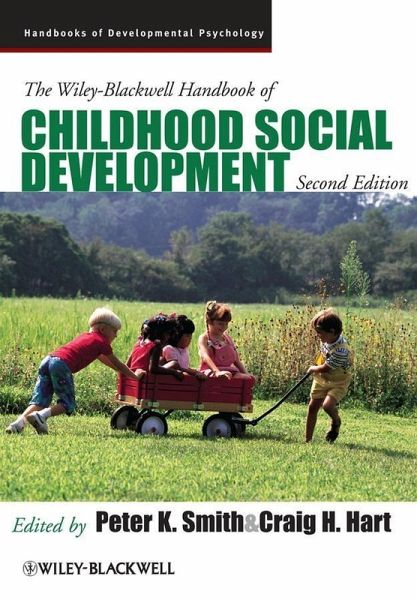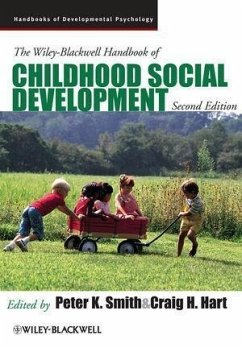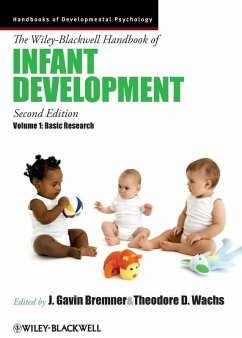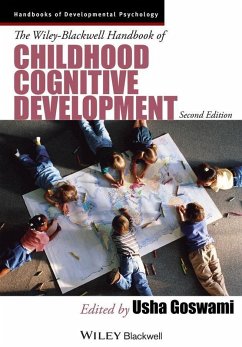
The Wiley-Blackwell Handbook of Childhood Social Development (eBook, ePUB)
Versandkostenfrei!
Sofort per Download lieferbar
32,99 €
inkl. MwSt.
Weitere Ausgaben:

PAYBACK Punkte
0 °P sammeln!
The Wiley-Blackwell Handbook of Childhood Social Development, Second Edition presents an authoritative and up-to-date overview of research and theory concerning a child's social development from pre-school age to the onset of adolescence. * Presents the most up-to-date research and theories on childhood social development * Features chapters by an international cast of leaders in their fields * Includes comprehensive coverage of a range of disciplinary perspectives * Offers all new chapters on children and the environment, cultural influences, history of childhood, interventions, and neuro-psy...
The Wiley-Blackwell Handbook of Childhood Social Development, Second Edition presents an authoritative and up-to-date overview of research and theory concerning a child's social development from pre-school age to the onset of adolescence. * Presents the most up-to-date research and theories on childhood social development * Features chapters by an international cast of leaders in their fields * Includes comprehensive coverage of a range of disciplinary perspectives * Offers all new chapters on children and the environment, cultural influences, history of childhood, interventions, and neuro-psychological perspectives * Represents an essential resource for students and researchers of childhood social development
Dieser Download kann aus rechtlichen Gründen nur mit Rechnungsadresse in D ausgeliefert werden.












